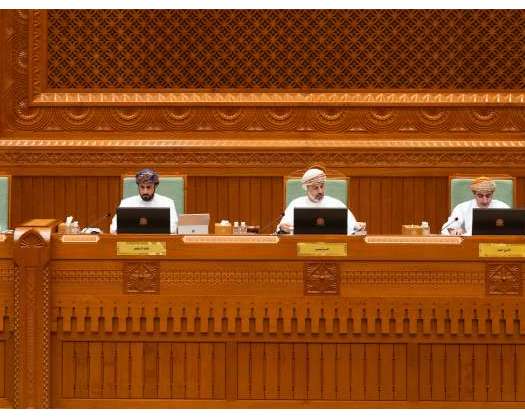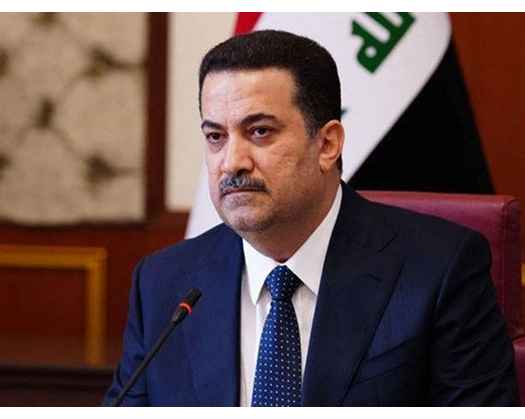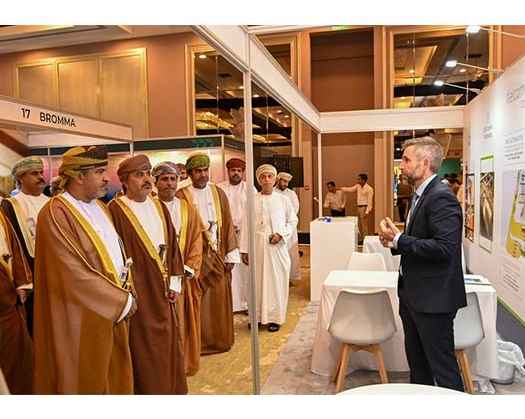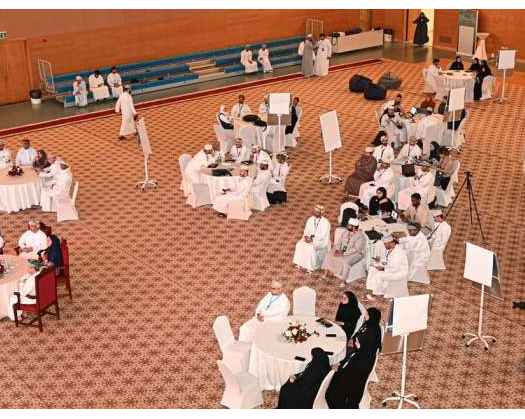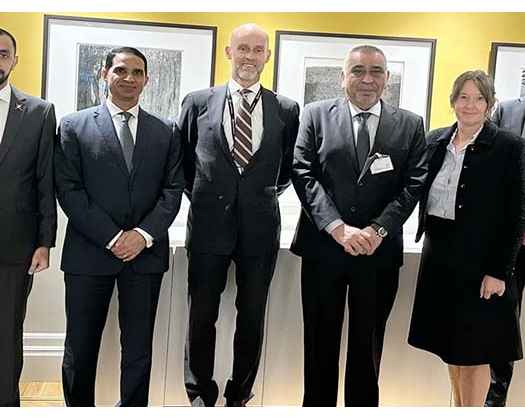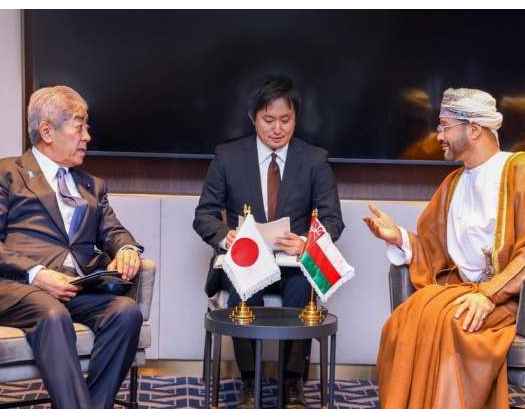Muscat: During its fifth regular session of the second annual term (2024–2025) of the tenth legislative period (2023–2027), the Shura Council referred the Telecommunications and Information Technology Regulation Law to the State Council for further legislative action.
The session, led by Khalid Hilal Al Ma’awali, Chairman of the Shura Council, included the participation of esteemed Council members and Ahmed Mohammed Al Nadabi, the Council's Secretary-General.
This decision is in accordance with Article 49 of the Oman Council Law, which requires that laws drafted by the government be reviewed and approved by the Shura Council within a three-month timeframe before being sent to the State Council for additional consideration.
During the meeting, Dr. Hamoud Ahmed Al Yahyai, Chairman of the Public Services and Utilities Committee, delivered a report on the proposed legislation, emphasizing its significance in updating Oman’s regulatory framework for the telecommunications and IT sectors. The law delineates the responsibilities of the Ministry of Transport, Communications, and Information Technology in policy formulation, as well as the role of the Telecommunications Regulatory Authority as the sector's governing body.
The objective is to create a competitive and investment-friendly landscape while ensuring high-quality service delivery and consumer protection.
In its review process, the committee consulted with representatives from Oman’s telecommunications companies to evaluate industry challenges within the existing legal framework, alongside discussions with government bodies and sector specialists.
The session also included deliberations on legal discrepancies, particularly concerning penalties and regulatory measures, as presented by Dr. Talal Said Al Mahrouqi, Deputy Chairman of the Legal and Legislative Committee. Council members expressed concerns regarding network coverage, pricing, dominant market players, and the quality of internet services across Oman’s governorates before proceeding to vote on the law.
The Shura Council, in addition to its legislative discussions, ratified several bilateral agreements pertaining to maritime transport and port operations. Notably, these included an agreement between Oman and South Africa focused on maritime transport, as well as a cooperation agreement between Oman and Tunisia aimed at enhancing maritime transport and port development.
Furthermore, the session witnessed the approval of two proposals put forth by the Media, Tourism, and Culture Committee. The first proposal aims to optimize the economic benefits of selected World Heritage-listed archaeological sites, promoting strategic investments and developments that would convert these sites into economic resources while maintaining their historical integrity. The committee highlighted the importance of involving the private sector, small and medium-sized enterprises, and community organizations in heritage tourism initiatives, as well as exploring foreign investment opportunities when local investors are not available.
The second proposal urged the Ministry of Information to implement an initiative that fosters the creation and improvement of personal communication channels, recognizing the increasing impact of digital media on public discourse and community involvement. The committee stressed the necessity of providing structured guidance, capacity-building initiatives, and media training to empower individuals in producing meaningful, high-quality content that benefits society.
The session wrapped up with thorough discussions, reinforcing the Shura Council’s dedication to legislative progress and economic growth in line with Oman’s national vision. The Council is set to continue its legislative work in the forthcoming sixth regular sitting.

